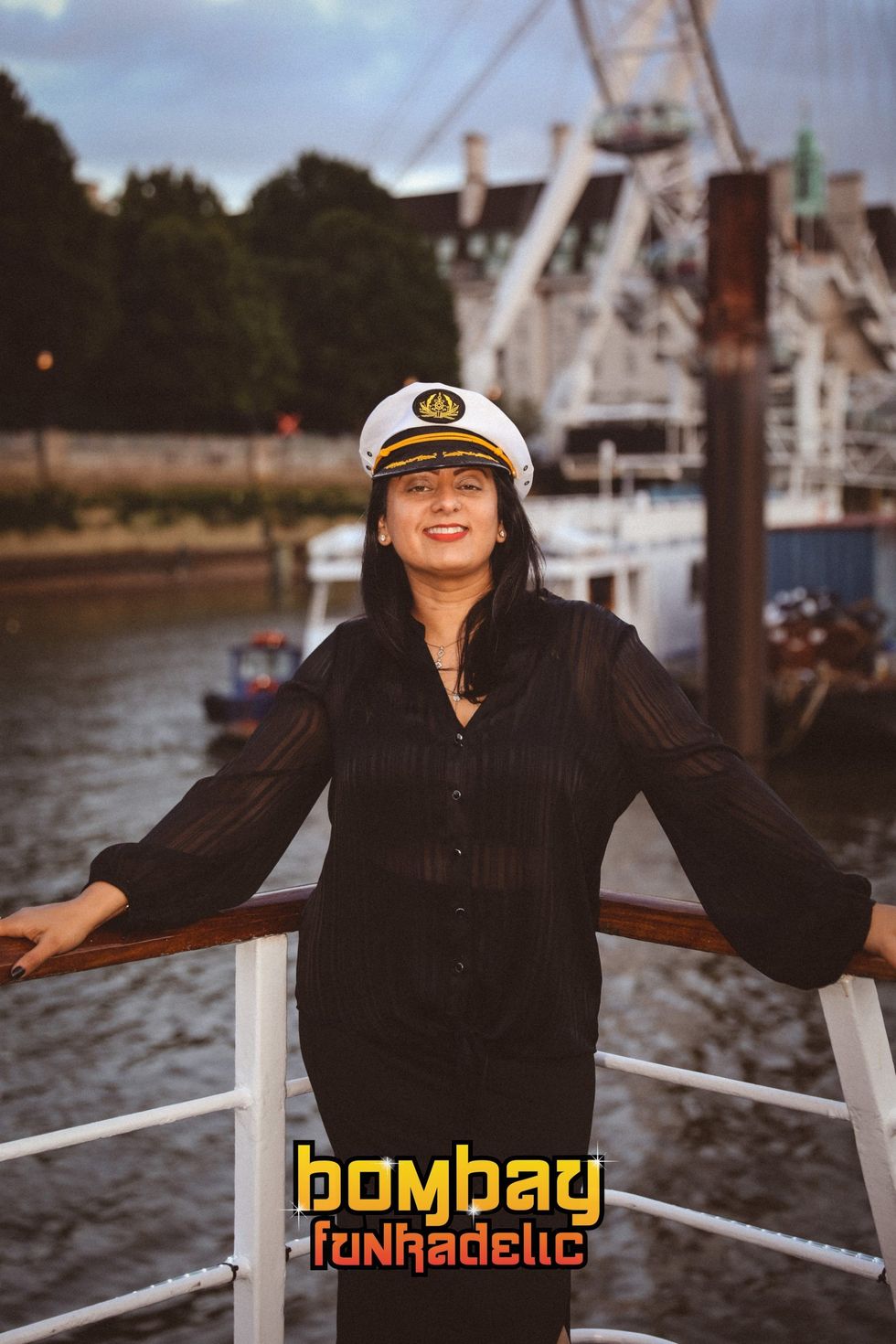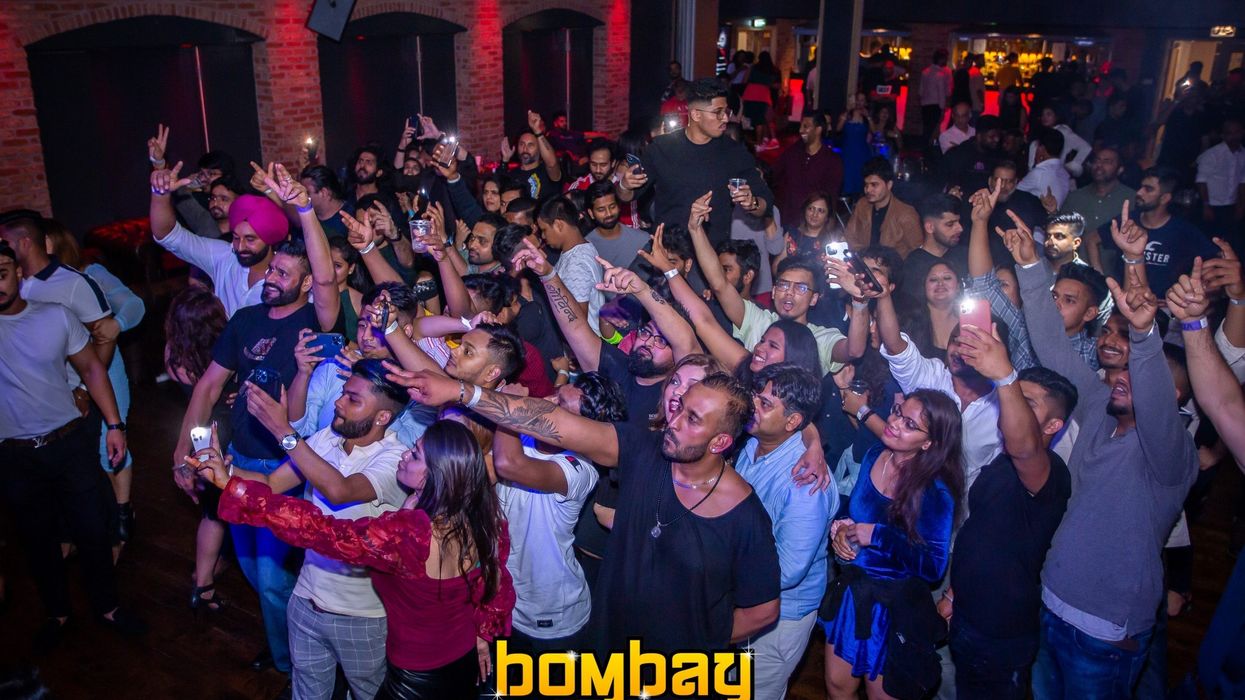BOMBAY FUNKADELIC is welcoming the public back with entertaining Bollywood parties across London.
This includes a residency first Saturday of every month at Sway Bar in Holborn, a Halloween party on October 29 at 229 London in Great Portland Street, the all-day Sunday Showdown at Floripa in Old Street on November 14, and the Winter Ball Boat Party from Temple Pier on November 20.
The leading British event organiser also launches the Desi Vibez student parties at The Vault Bar within the Kings College campus from October 16. Each party is powered by top DJs playing everything from urban desi beats to Bollywood hits.
Eastern Eye caught up with Bombay Funkadelic founder-director Jaspreet Bajaj to discuss the post-pandemic party scene and her event organising journey.

How do you look back on the Bombay Funkadelic journey?
It’s been a fun ride that started over 12 years ago and is still going on! I began the Bombay Funkadelic brand as a oneoff Bollywood themed quiz night, adding on a karaoke party. This evolved into full-blown Bollywood club nights. For the past five years, we’ve moved into corporate and private parties, so it’s been both busy and challenging.
What has been the secret of the Bombay Funkadelic success?
We’ve always been inclusive – everyone is welcome at our events, no matter the age, ethnicity, gender, sexuality, etc. If you love Hindi movies, music and masti, you’ll love Bombay Funkadelic and our resident DJ Shai Guy, who is one of the UK’s best in the Bollywood genre. We cater to anyone who has a deep love for the genre or fancies trying it for the first time. Our regular guests always say they feel like part of a big friendly Bollywood family. We’re very proud of that.
What was lockdown like, having to cancel parties?
The lockdown was a huge setback. We went from organising 50 plus events a year to zero. However, offering our parties on digital platforms, such as Zoom, Facebook, Instagram and YouTube Live, kept our followers connected. Our brand exists today because we never shut down, despite venues being closed. We just beamed our Bombay Funkadelic nights direct to living rooms and kept the party scene alive virtually.
What is it like being back organising events again?
It’s fantastic to be back. We host an event almost every weekend, such is the demand. Once people were vaccinated, they felt safer going out and our crowd is back in full force. The only thing that changed is the age range of guests. We are seeing larger number of 18–25-yearolds buying tickets.
Tell us about your forthcoming Halloween event?
Halloween has become one of our most popular nights of the year. It’s as big as Diwali, Christmas, and New Year’s Eve. This year we’re celebrating with a big Haunted Haveli party at 229 Great Portland Street in London’s West End. It’s a 500 plus capacity live music venue with space to create a themed atmosphere. Expect devilish DJs, ghoulish performers, and spooky surprises.
So, people are out partying again?
There has been a pent-up demand for live music and entertainment events due to the long lockdown period. People have plenty of cash and energy to spend right now.
What about private events you organise?
The private party scene is gradually returning to a near normal state. Birthday, anniversary, and pre-wedding bookings are coming in for the autumn and winter. However, the corporate event side of the business is still relatively quiet.
What is the biggest challenge you are facing as a leading event organiser?
At the moment, it’s about securing venues with the right location, capacity, security and staffing. Having a good venue with all these features is important. Many have closed and some are choosing to keep events in-house rather than offering to promoters like us.
What is the secret of organising a great event post-pandemic?
The secret is the same as always – create a warm, friendly, hospitable environment where guests feel safe to socialise.
www.bombayfunkadelic.com and Instagram: @bombayfunkadelic




